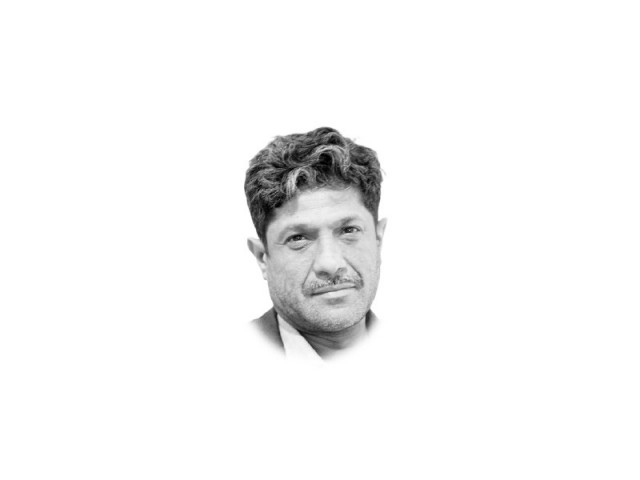Russia-Ukraine war contagion
The war spread mirrors a contagion, disrupting global economies and energy supplies, with no end in sight

The scholars of international peace and conflict studies ascribe war - invariably since antiquity - to a pandemic with contagious potential, and have invoked the models of epidemiology to measure the impact of war. The conflict when lingers long subsumes within itself an epidemiological lethality that inflict an exponential damage on the adjoining regions. And with the passage of time, war generates its own spirals with increasing likelihood of future conflicts.
President Kennedy, while dealing with the Cuban missile crisis in 1962, had aptly grasped the contagious value of the crisis and sought to keep war flames off the American continent as far as possible. The noteworthy point is: it was only him who was thinking out of the box. Otherwise his 12-member cabinet was busy discussing the possibilities to shun the USSR out of the American continent when all were sure to carry on with an all-out attack. Kennedy's approach was not that of a jingoist but a statesman who was practically aware of the contagious value of the war. "Possibilities have to be treated as probabilities," he exclaimed. It was, no doubt, a doctrinal expression. He has actually turned a new leaf in scholarship of war strategy and also aptly projected the desired role of an American President in the nuclear age. The main challenge addressed by Kennedy was a sheer commitment that crisis may not go out of proportion and diplomacy at last needed to prove successful.
Unfortunately, such sagacity is missing in case of the Russo-Ukraine war. It is now all set to enter into a contagious phase, and the havoc may go out of proportion. The early shock is being felt with tremors in global economy, with the economies of both Russia and Ukraine being the foremost victims. The contagion has spread to the adjoining Europe countries in the initial phase. European economies, having just recovered from Covid-19, are about to receive their share of economic shock. German economy is the first casualty. A good number of German companies which used to have business relations with Russia and Ukraine have lost their confidence in the wake of the sanctions imposed on Russia which has stressed on a new set of import and export controls on any sort of trade with Russia.
The sanctions imposed on Russia have overtly disrupted direct supply chains to Europe and the rest of the world. The world community cannot continue trading with Russia and Ukraine with uncertainty growing day after day. Also, indirect supply chains to Asia via Russia are also no more viable. Such a fiasco and uncertainty may lead to an increase in the prices of raw materials, energy and transportation services, leaving a negative impact on the buying power in Europe and Asia. Unfortunately, no solution is sight in the near term. A downward trend is observed in the sales and earnings of a number of economies, further worsened with the expansion of the sanction.
Ukraine is very crucial in the context of the energy supply chain from Russia to Europe. Majority of the pipelines supplying gas pass through Ukraine. After the war, it has emerged as a challenge for gas supply companies - like Gasporm, the state-run gas company of Russia - to use these pipelines for continuous supply of gas to Europe. A notable decrease in gas supply has been reported. But rather than Ukraine sabotaging the supply, this disruption has more to do with the international sanctions imposed on Russia and the subsequent gas blockade by Russia to force the European community not to support Ukraine in the war.
As a result of Russia's arbitrary tactics, a number of gas contracts the European countries entered with Russia have been either cancelled or suspended. Consequently, Gasprom is facing an astute crisis and no more enjoying monopoly over the European gas market. Quite obviously, EU is diversifying its fuel dependence. It is gradually shifting to LNG. But since LNG is also supplied by private Russian companies, Europe still needs to do more to meet the pre-war supply level, keeping the sanction factor negligible. This is a stopgap arrangement which, again is dependent on undisrupted supply channels that need peace in the region - something that is nowhere near.













COMMENTS
Comments are moderated and generally will be posted if they are on-topic and not abusive.
For more information, please see our Comments FAQ